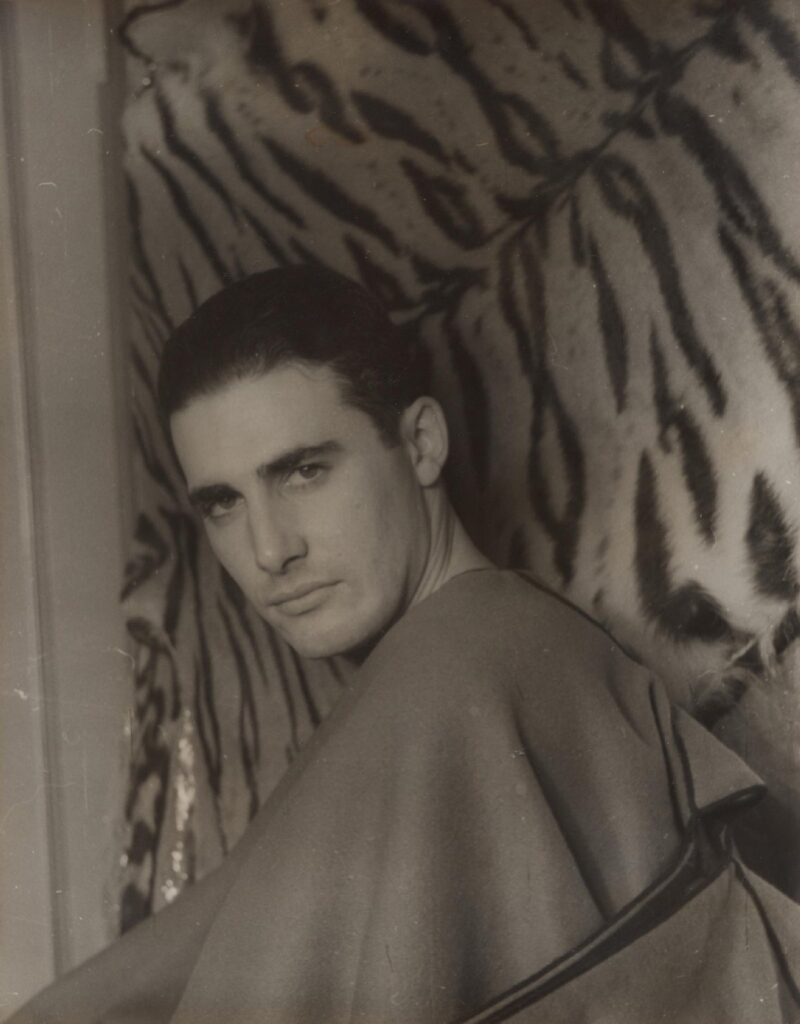During the Nazi occupation of Tunisia, numerous Jewish families were saved in the town of Mahdia by Khaled Abdul Wahab, nicknamed the Tunisian Schindler.
tTunisian man Khaled Abdul Wahab has received a historic nomination as the first Arab to be considered for the title of “Righteous Among the Nations.” This accolade is traditionally reserved for non-Jewish individuals who displayed valor in their efforts to rescue Jews from the persecution imposed by the Nazi regime.
The impetus for this nomination comes from Robert Satloff, the Director of the Washington Institute for Near East Policy, an American think tank. Satloff’s quest led him to the story of Khaled Abdul Wahab, scion of an aristocratic lineage. At the age of 32, he witnessed the arrival of German troops in Tunisia in November 1942. At that time, Tunisia was home to a Jewish population numbering around 100,000.
Before World War II, Tunisia was a French protectorate. As Nazi Germany expanded and occupied France, the country fell under German sway. Consequently, the Jewish community of Tunisia became threatened due to Nazi Germany’s antisemitic policies. Some Tunisians took it upon themselves to protect their Jewish neighbors, and Khaled Abdul Wahab was one of them.
“Some people find it difficult to accept the idea that Arabs may have assisted Jews,” said Satloff. “It would demonstrate to some Arabs that they were willing to help their Jewish neighbors.”
An intermediary and protector
Due to his German speaking skills, he played a pivotal role as an intermediary between the residents of the coastal town of Mahdia and the occupying German forces, facilitating communication and acting as a protector.
One particularly noteworthy episode revolves around his timely intervention upon learning of the sinister intentions of German officers towards Odette Boukhris, a local Jewish woman. Abdul Wahab promptly gathered her family and several other Jewish families from Mahdia, totaling approximately two dozen individuals, and relocated them to the safety of his rural estate outside the town. He provided them sanctuary for an unbroken duration of four months.
He has been likened to a Tunisian Schindler for imperiling his own life to provide sanctuary to Jews amidst the Nazi stranglehold on Tunisia. Satloff believes the Tunisian man represents “a very powerful symbol from a historical point of view.”
Despite these commendable actions, the formal recognition of the man as “Righteous Among the Nations” hinges on approval by the Yad Vashem commission responsible for bestowing this distinction. It’s worth noting that Yad Vashem has bestowed this status upon approximately 21,700 individuals since the conclusion of World War II, with around 60 Muslims from the Balkans among the recipients as well as the German-Egyptian doctor Mohammed Helmy.
source/content: kawa-news.com (headline edited)
___________

___________
TUNISIA